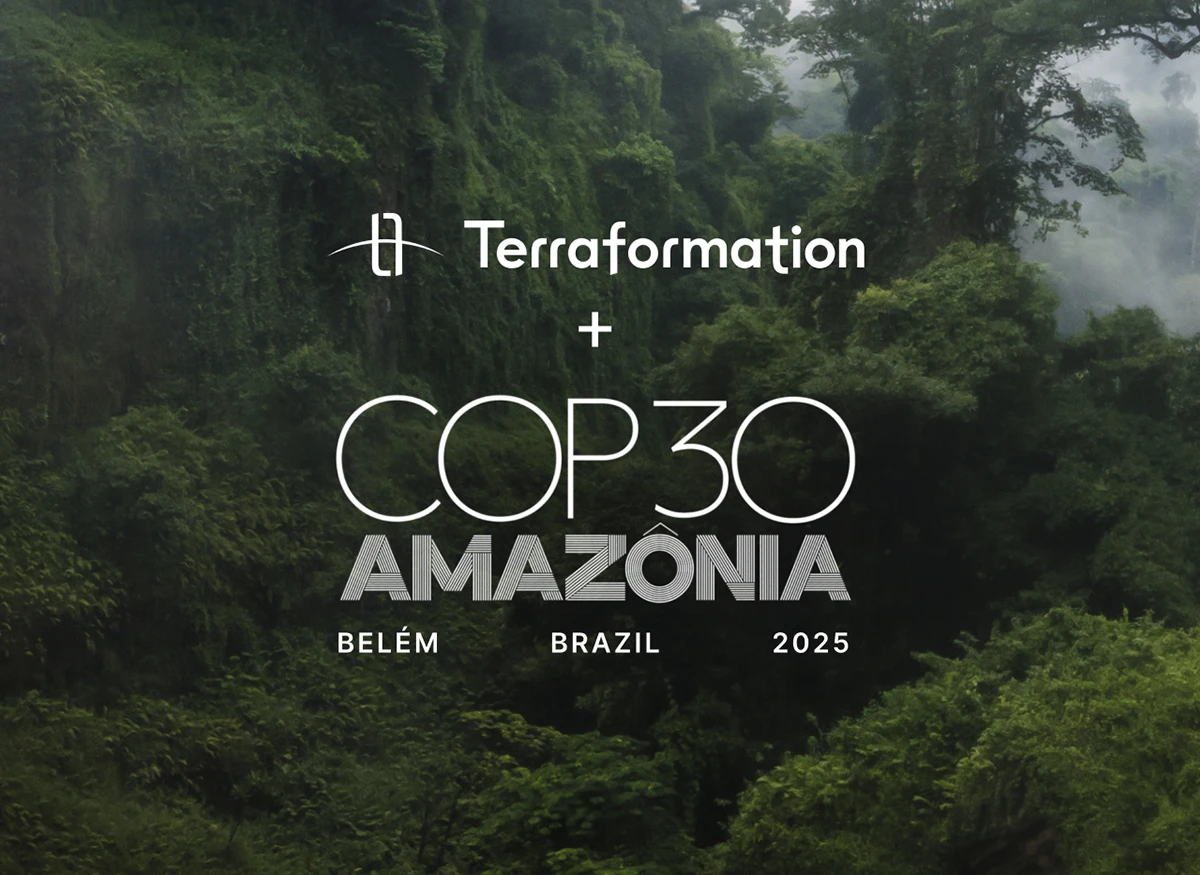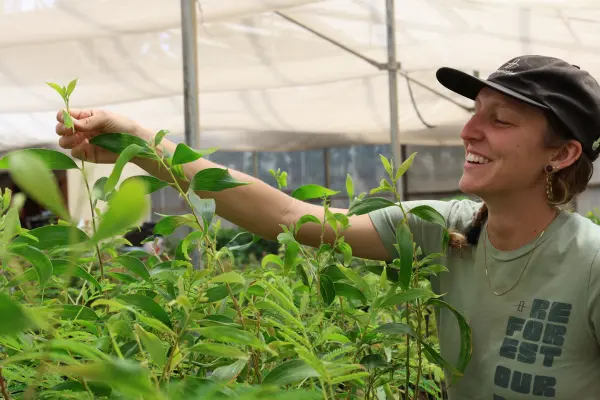Why You Shouldn't Go Net Zero This Year

Corporate net zero pledges have turned out to be empty, useless, and in extreme cases, made things even worse for the climate. They’ve resulted in short-term solutions that have distracted the world from doing the fundamental work we need to do to fix our climate.
Balancing your ledger of carbon emissions may have been worse than doing nothing, and now storms and extreme weather continue to ravage the planet.
Climate change is a problem bigger than any we’ve ever faced. Instead of empty promises, it needs serious solutions we can begin implementing immediately. To do that, we need to expand our global capabilities to carry out carbon projects on a massive scale.
What went wrong
It all began innocently enough: governments weren’t doing enough to fight climate change. So corporate leaders took up the banner. The world needed to reach net zero, so they created net zero goals for their own companies. Lead by example!
In some cases, they reduced emissions — good! What emissions they couldn’t eliminate, they sought carbon credits to offset them. On paper it looked like a pretty good plan.
Instead, every company started buying up the small pool of carbon offsets, and that pool ran out almost right away. Those offsets represented things someone else had done in the recent past to remove carbon, like protecting a forest, switching to more efficient stoves, fixing methane leaks.
Most of those projects had already removed carbon from the atmosphere. So by buying out of that small pool of offsets and using them as license to emit … it may have undone the good that had already been done!
To make matters worse, spending this money on current offsets diverted money from funding more and bigger projects to enable future, truly large-scale carbon removal.
Impact, not intentions
Trying to get your company, your footprint, to net zero this year isn’t what the world needs.
What the world needs is your contribution to creating the capacity for more projects, more infrastructure, to remove lots of carbon.
We’re talking orders of magnitude more projects. We’re talking on the scale of investing to help to create this new capacity for the entire next decade and beyond.
In the years since I founded Terraformation, a company that partners with teams around the globe to restore native forests, we’ve learned that there’s already plenty of land, people, and willingness to do the work of planting millions of trees.
With financing, training, and infrastructure, they can. We can bring online 1,000 times more capacity than we have today. But scaling up to the magnitude our climate crisis requires will take corporate investment that’s serious about long-term impact.
It’s not about growing another 30%, it’s about growing another 100,000%.
That’s capacity that won’t exist without new investment. Buying carbon offsets today uses up our past capacity. Paying for new projects is about creating more capacity for the future.
Committing to real solutions
As climate science has advanced, it’s revealed our many mistakes. It has also brought the best, most immediately applicable solutions into focus.
Carbon credits from projects started a decade ago have proven to be unreliable — not all because they weren’t done well, but because we know so much more today about how to do it correctly.
Investing in today’s long-term projects is how we stay on top of this. New scientific research helps course-correct and future-proof new projects, so that 10 or 20 years down the line they are delivering the results we need them to.
You want to move the needle on climate change? Stop trying to be net zero this year.
Start investing in large, scalable, new capacity to remove carbon from the atmosphere.
Those are investments that will change the planet’s fate, real investments everyone can point to as making a real difference — and that will have an impact far into the future.
About the
Series:
Who Will Speak For The Trees?
At a time when human economic development is prioritized over the needs of nature, the Who Will Speak for the Trees? series features top reforestation leaders with a broad range of restoration expertise, including climate tech, monitoring, science, finance, media, and more. These diverse voices offer expert viewpoints to instill confidence in how humanity can support nature to deliver a forested future for all living things on Earth. Join us for this ongoing series to learn more about the science of reforestation and how restoring ecosystems is part of a comprehensive climate solution.
















